Environmental Defense Center Hosts Green & Blue Fundraiser
Honoree Patagonia CEO Ryan Gellert Does Q&A with Leah Stokes
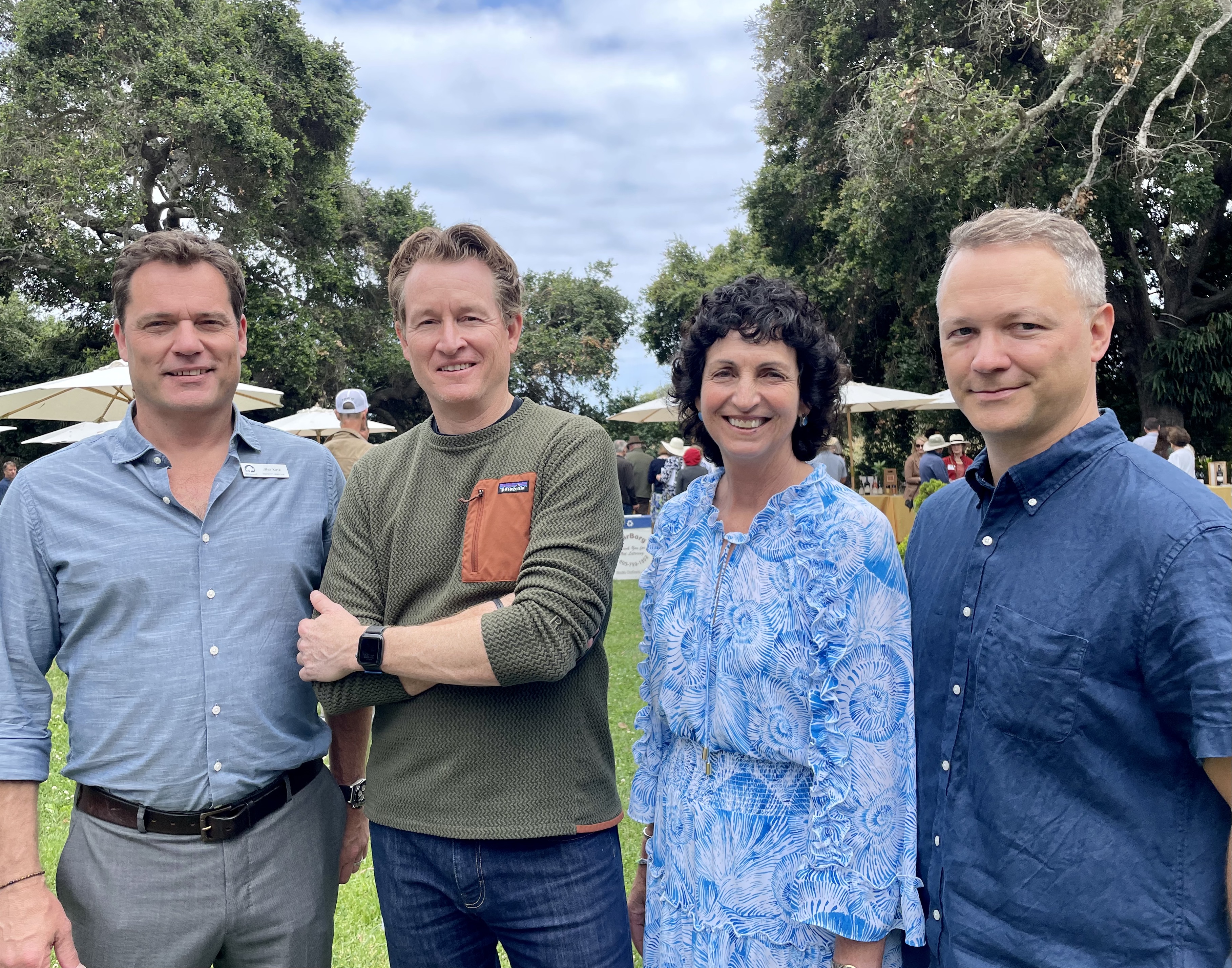
On June 11, the Environmental Defense Center (EDC), a nonprofit environmental law firm, hosted a delightful annual Green & Blue at Rancho La Patera. The event drew more than 600 supporters and raised more than 15 percent of EDC’s annual budget.
After the extended reception, guests were seated under an open-air tent and welcomed by Chief Counsel Linda Krop. She introduced EDC’s new executive director, Alex Katz, praising his expertise in environmental justice, environmental protection, and climate justice.
Krop shared the great news that earlier in the week, the U.S. Supreme Court denied a motion from the oil industry to overturn a ban against fracking from platforms off our coast, a ban that EDC had fought hard for. Krop explained how fracking, to get at the really hard, thick oil, uses incredibly toxic chemicals that pose a tremendous risk to wildlife and human health and uses a huge amount of energy.
Another EDC initiative, Krop related, is fighting ExxonMobil’s attempt to restart three platforms that have been shut down since the 2015 Plains oil spill and truck millions of gallons of oil on Highway 101 and SR 66 every week. After county staff recommended approval, EDC showed how risky this proposition was by pointing to how many oil tanker truck accidents already occur on our roads, causing deaths, injuries, fires, and explosions. This evidence, according to Krop, convinced County Supervisors to rule against ExxonMobil. The company then filed a federal lawsuit, and now EDC is representing the county in federal court.
Krop noted how EDC was founded after the 1969 oil spill to provide a voice for our community going up against big oil, the federal government, and other powerful interests, and ever since, EDC has been fighting against offshore oil and gas.
Krop shared how EDC works to protect our creeks and endangered steelhead trout, protect whales from ship strikes in the Santa Barbara Channel, and protect agricultural lands and open space.
EDC also has a case pending to prevent commercial logging in Los Padres National Forest.
Katz conveyed gratitude to supporters for enabling EDC to take on fights that seem impossible and to stick with it. Conceding that it is hard to imagine our ocean without platforms or a CA without fossil fuels, he declared that EDC will keep working toward these goals.
A video tribute honored Owen Bailey, the previous, esteemed executive director who passed last year. Jim Nye led a lengthy auction to raise needed funds.
Patagonia received this year’s Environmental Hero Award, with CEO Ryan Gellert accepting. Since 1985, Patagonia has pledged one percent of sales to grassroots environmental groups, donating more than $150 million to date. Its founder, Yvon Chouinard, and Blue Ribbon Flies owner Craig Mathews in 1985 created 1% for the Planet to encourage other companies to make the one percent pledge.
Last year, Patagonia announced an extraordinary new ownership structure, under which all funds not reinvested back in Patagonia each year will be donated to fight the environmental crisis.
In a Q&A with UCSB professor Leah Stokes, Gellert explained that the new structure creates one entity that ensures Patagonia continues to be run according to its principles and another entity that will be the beneficiary of all its profits. This structure, according to Gellert, is fairly unique in the U.S. and not common in Europe. Going forward, Gellert anticipates that the new structure will result in about $100 million per year in donations.
Gellert shared how in the company’s 50 years, its most significant impact has been in inspiring others. It is not the money given away, not eco-innovation in apparel, not resetting people’s relationship with stuff and consumption, Gellert posited, but rather, it is modeling a more responsible version of business and proving that a business can be profitable and growing, while also minimizing its footprint and its level of extraction.
He mused that while sharing best practices with business leaders and owners is great, often leaders and owners can be counted on to do the right thing only when they have exhausted every other option. Thus, he sees Patagonia’s biggest impact coming from educating and inspiring employees and customers, who, in turn, can put pressure on the leaders and owners.
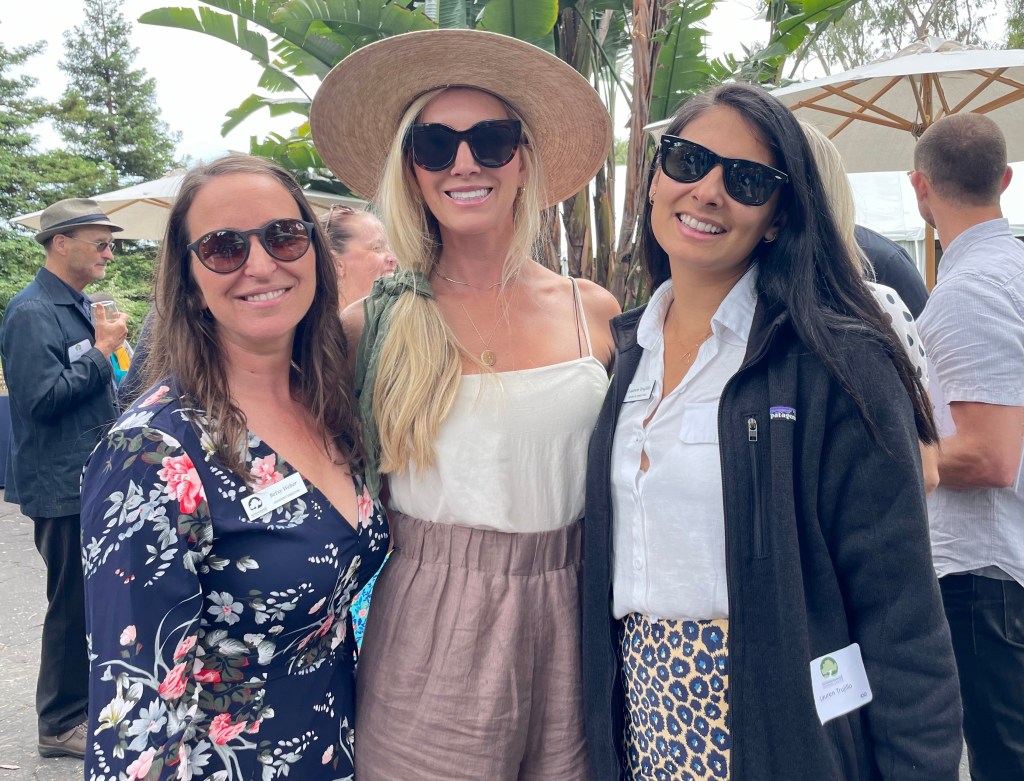
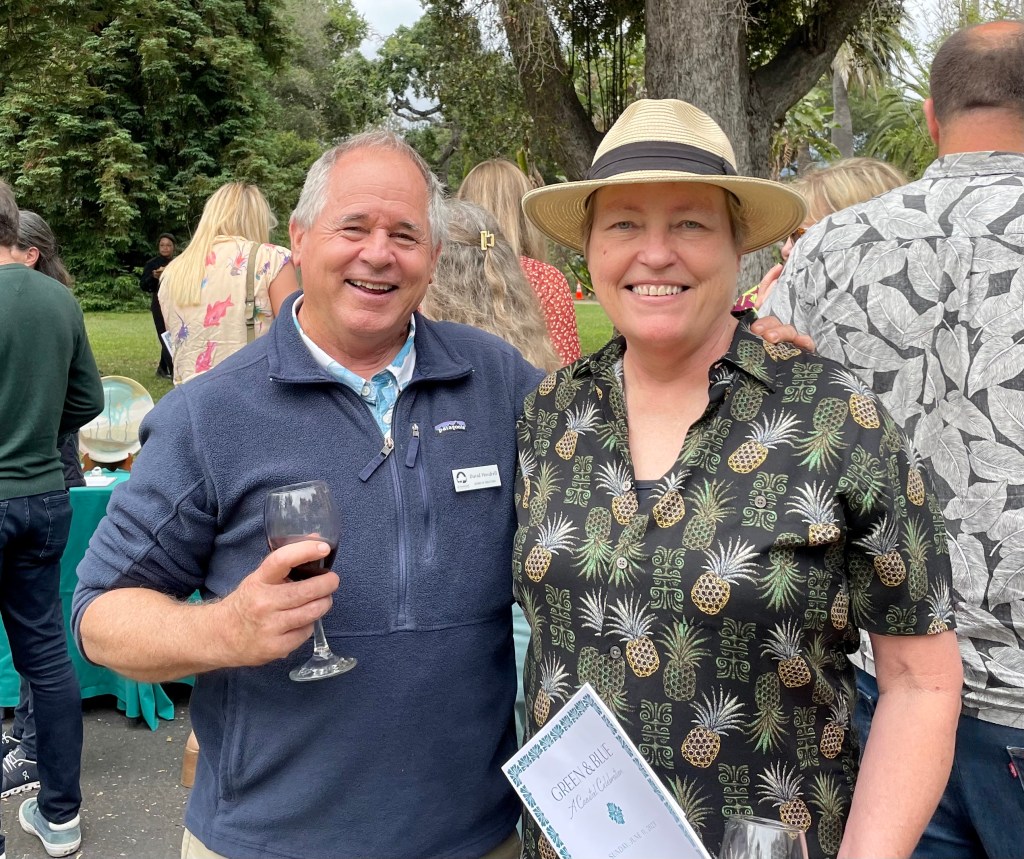

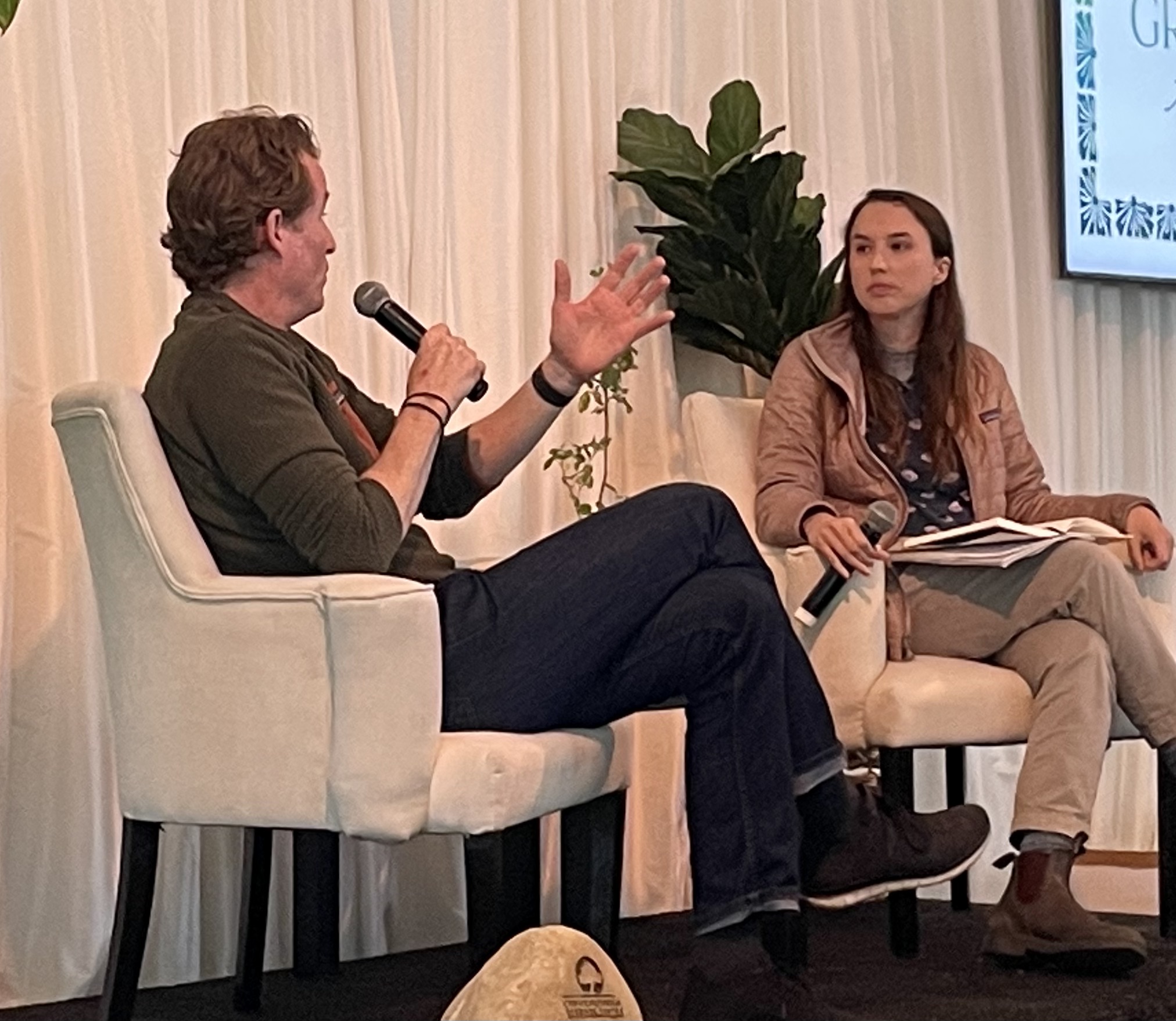


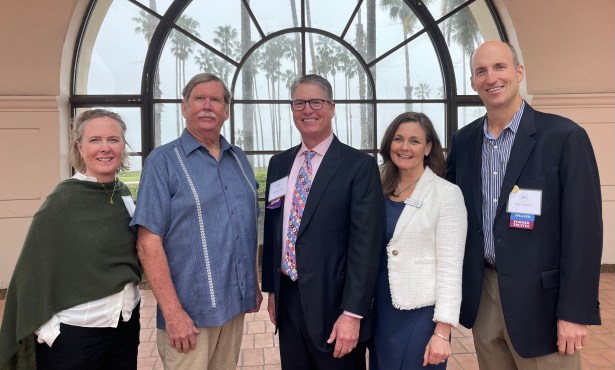
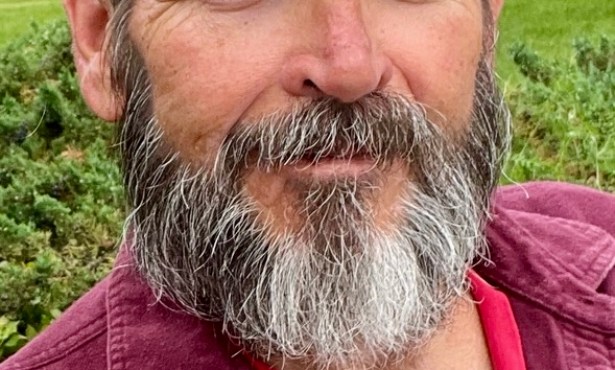
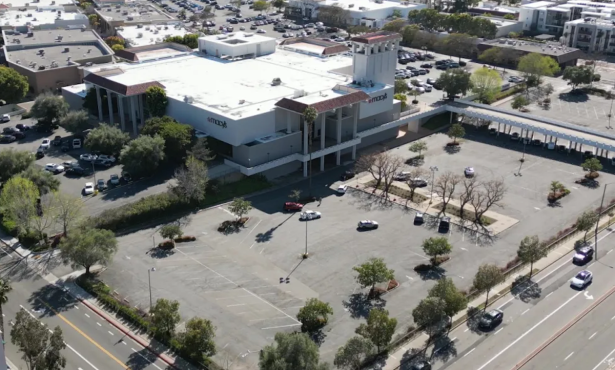
You must be logged in to post a comment.